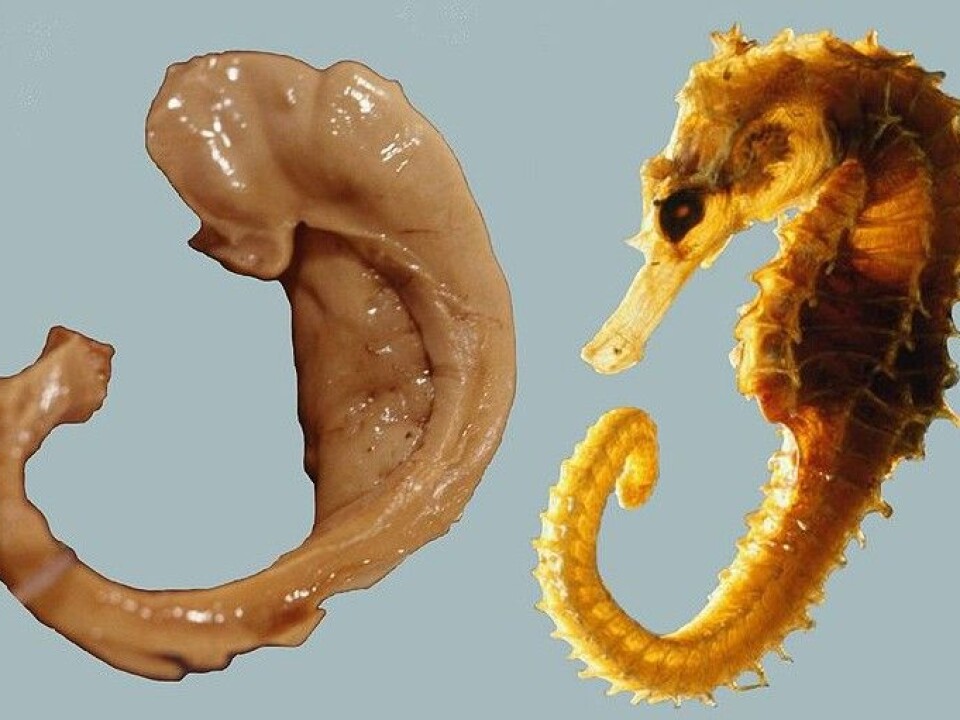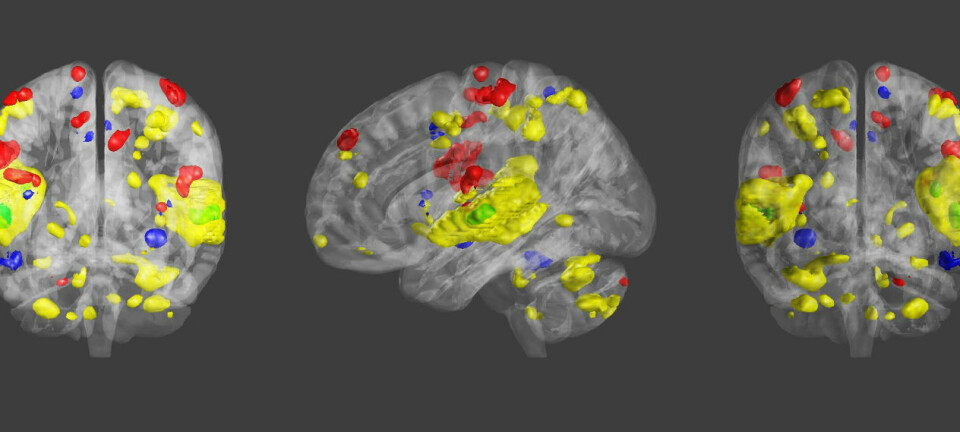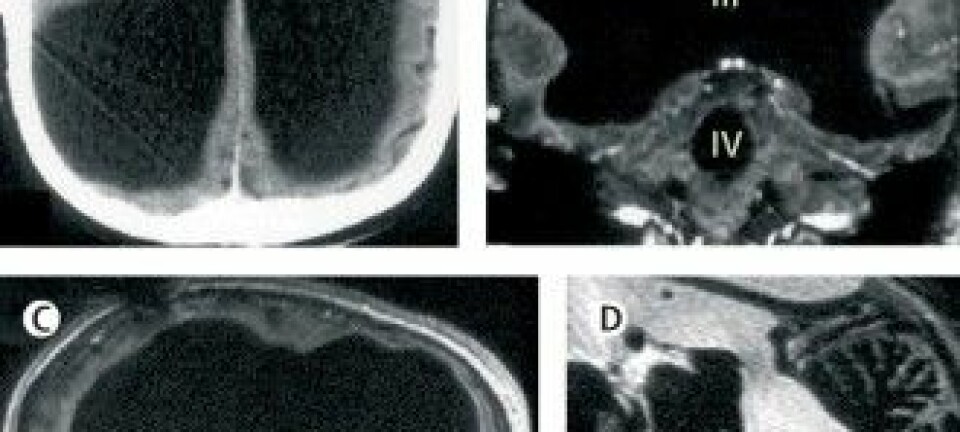
Language studies trigger brain growth
Intensive foreign language studies enlarge areas of the brain that play a big role in language, memory and spatial navigation.
Researchers have found significant increases in the hippocampus, a structure deep in the cortex, after three months of intensive language learning.
The hippocampus serves as a short-term holding area for memories before they are stored as long-term memory elsewhere in the brain.
The structure also helps us orient ourselves spatially in our environment.
The researchers have also discovered growth in three other areas − linked to language acquisition − in the cerebral cortex among recruits enrolled in an intensive language study programme.
Great brain exercise

“Although you can’t compare three months of intensive language studies with an entire life as a bilingual person, there’s every indication that studying a language is a good way of keeping your brain fit,” says Johan Mårtensson, a psychology researcher at the University of Lund, Sweden, in a press release.
Experts from the Max Planck Institute for Human Development in Germany contributed to the study along with researchers from Sweden’s medical university Karolinska Institutet and the University of Umeå.
A number of earlier studies have indicated that the brains of bilingual people stay fit and are more flexible than those of persons who only master their mother tongue.
Studies have also linked cell loss in the hippocampus with an increased risk of dementia.
From barely a word to fluency
It could pay off for you to plunge energetically into unknown linguistic territory, especially if you have a flair for languages.
The brains of students at the Swedish Armed Forces Interpreter Academy were controlled before and after three months into their courses, in a new study which has been published in the scientific journal NeuroImage.
Starting from scratch these military recruits learn to speak languages such as Russian, Arabic and Dari fluently in just 13 months, according to the press release from the University of Lund.
To achieve such proficiency the Swedish recruits work hard from morning to night, seven days a week in a tempo that outpaces general language studies.
Physical exercise helpful too
The hippocampus is among the brain structures seen to be damaged and impaired in Alzheimer’s patients.
Previous research has shown physical exercise can increase the size of the hippocampus among the elderly and help spur memory and knowledge acquisition.
Other experiments have indicated that Alzheimer’s is slowed down among people who are well versed in more than one language.
More differences
The researchers used medical students at the University of Umeå as a control group when monitoring structural changes in the brains of the language students.
The med students are also involved in a tough academic study programme based on lots of thinking and memorising – but the big difference is they aren’t learning a new language.
The comparable brain structures in the skulls of these future doctors remained unchanged. The students at the interpreter school whose hippocampus grew the most were also the ones who found it easiest to pick up a new language.
However, the researchers saw that the future interpreters who struggled more to master a foreign language had the largest increases in a cerebral cortex area associated with motor functions.
“We were surprised in finding that diverse areas of the brain developed differently, depending on how proficient the linguist students were and how much effort they needed to learn a new language,” says Johan Mårtensson.
-----------------------------
Read the Norwegian version of this article at forskning.no
Translated by: Glenn Ostling






